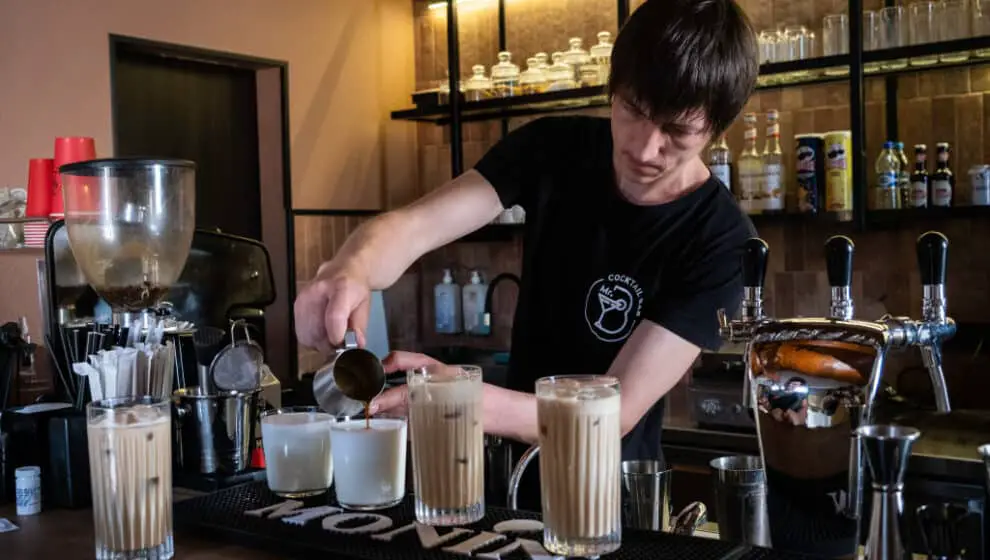Small businesses’ optimism has dropped to some of the lowest levels in a decade after persistent inflation and a tight labor market have dragged down small businesses’ sales.
Key Details
- The Small Business Optimism Index declined 1.1 points in April—reaching the lowest level in 10 years.
- Business owners reported declining sales and earnings along with lower expectations for the overall economy, Forbes reports.
- Most business owners were concerned about the labor market, with around 45% reporting that they could not find a suitable candidate for a job opening in the last month.
- Inflation was the second most common concern. Around 33% of owners reported raising their prices.
Why it’s news
As business owners grow more concerned about their economic future, more signs point to a potential recession for these small businesses. Capital expenditures for these smaller enterprises declined to near the levels of the COVID recession in 2020.
Pantheon Macro chief economist Ian Sheperdson calls the trend “alarming” and points to a similar pattern from the Federal Reserve’s data that indicates that business investments are “set to fall outright, if it isn’t already.” Business investments remain a key indicator of economic growth.
Despite grim predictions, fewer business owners reported difficulty obtaining loans in April. However, interest rates for short-term loans are still near 8.5%—the highest rates since October 2007. These high rates will ultimately give small businesses less spending power than in previous years, Forbes reports.
The Fed has been raising interest rates to bring down inflation, but these moves have resulted in a downturn in the housing and stock markets. Some economists worry that the Fed could cause a recession if interest rates go higher.
Economic growth declined in the first quarter of this year, reaching an annual rate of 1.1%. The Fed now says it expects the U.S. will reach a “mild recession” sometime this year, Forbes reports.

